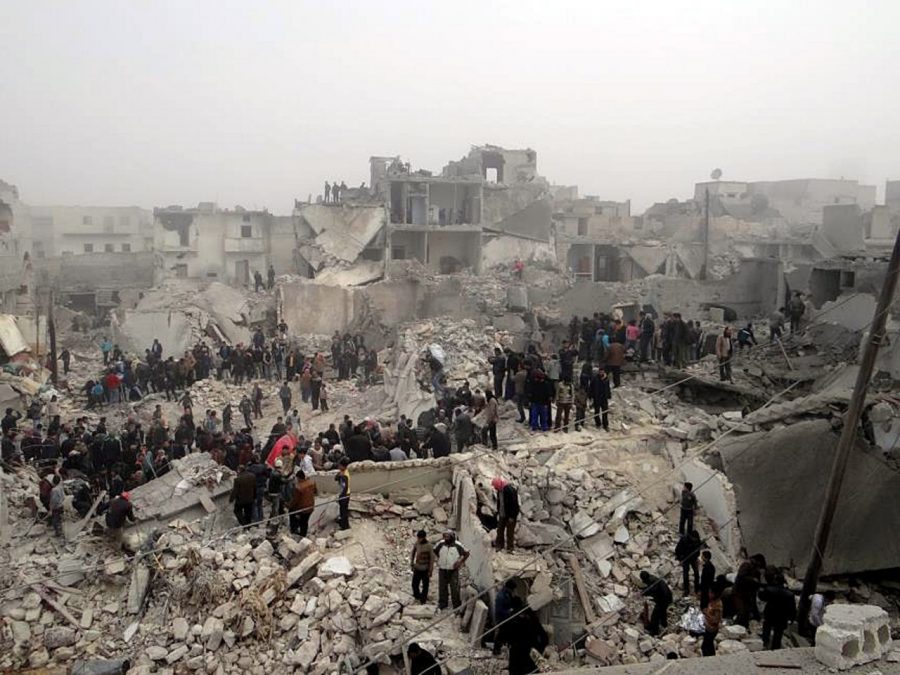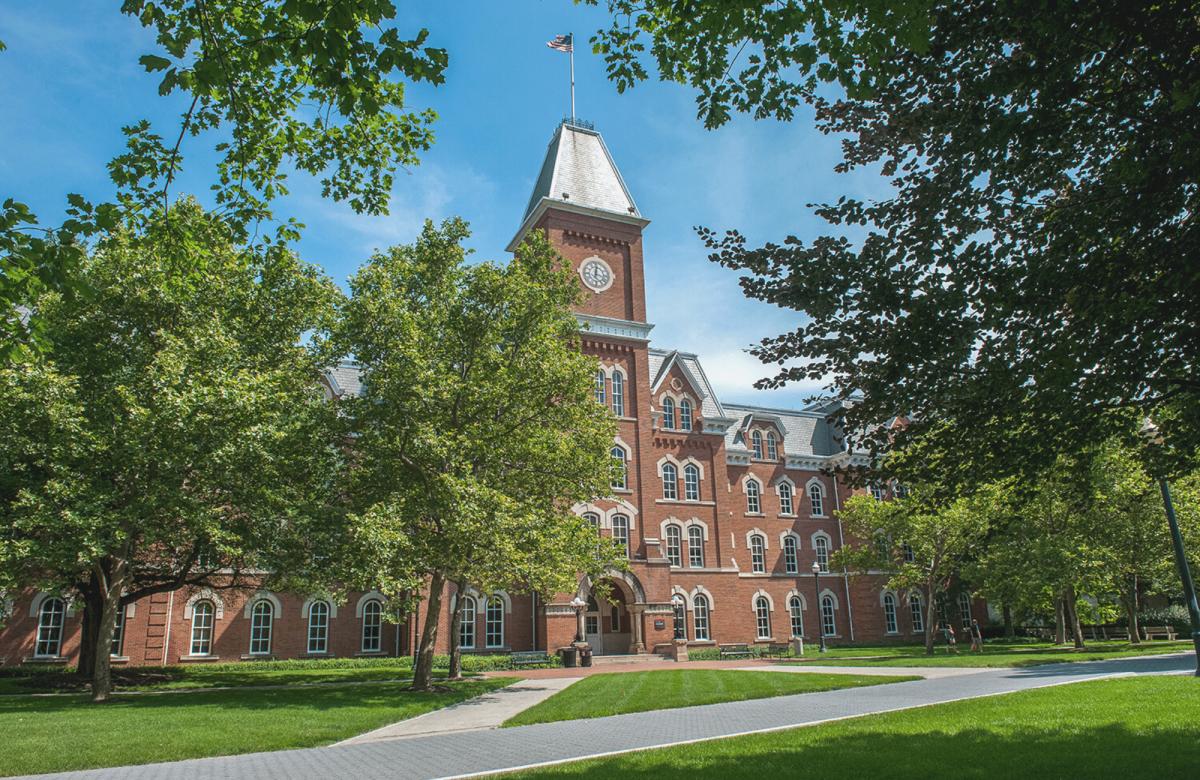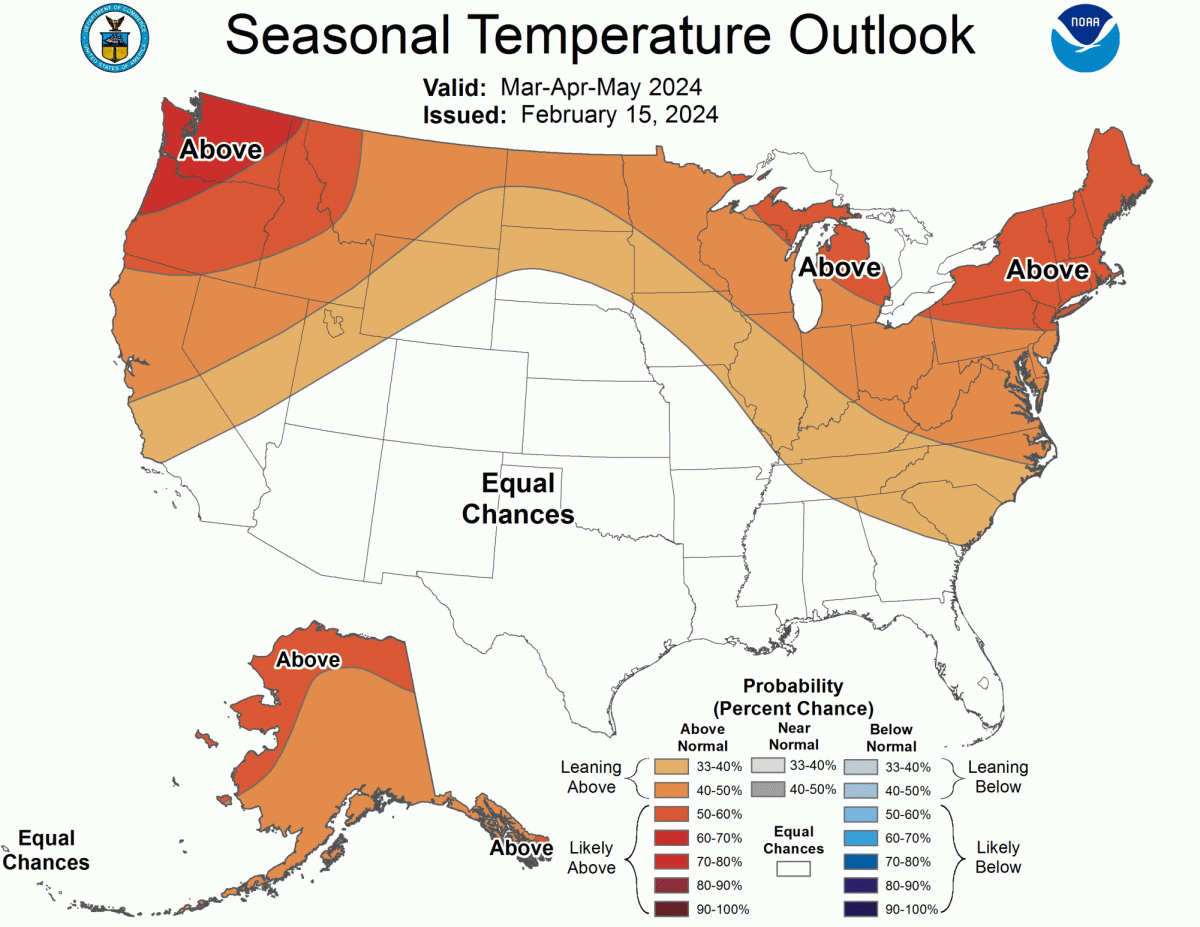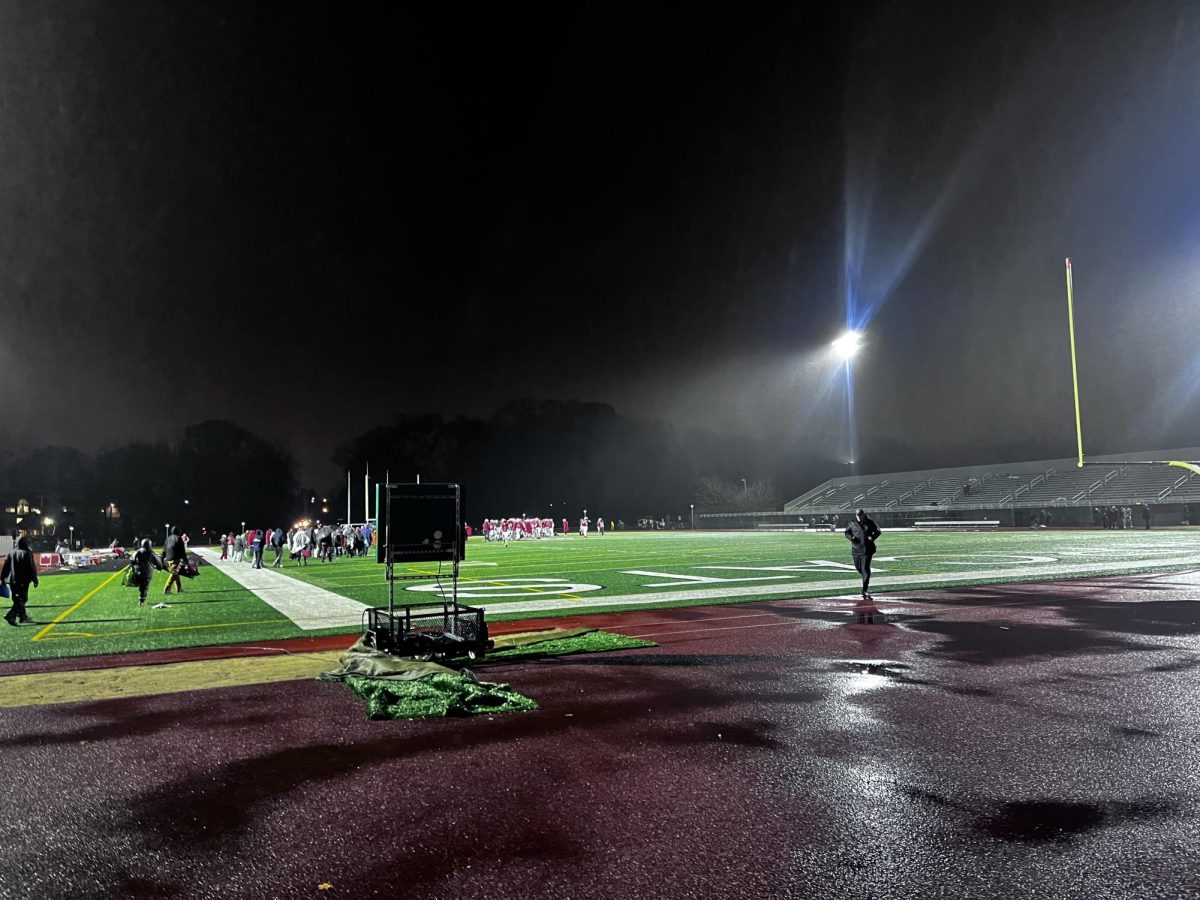Bryan Felix ’15
Anti-war lobbyist may need to dust off their protest signs and recite their chants once again after recent developments in Syria in the past month. After their 1960’s military coup to implement a military dictatorship in the nation, the communist supported Syrian government was an instigator in many Middle Eastern conflicts including the Yom Kippur War and the occupation of Lebanon. The nation was relatively tame though in comparison to its neighbors, leaving it out of the US watchful wrath in both Gulf Wars. That immunity has passed though now as the Arab Spring protests of 2011 began small protests by peaceful Islamists but later grew into violent mobs after military policing of the activity. This escalated as an exponentially growing amount of men and military formed the resistance to the dictatorship, The Free Syrian Army, and began what we know of now as a full on civil war. Recently this year, terrorist groups such as Hezbollah and other groups closely related to Al-Qaeda. The increasingly brutal tactics and oppression of President Bashar al-Assad allowed on the people granted him condemnation from the Arab League, UN and practically all world groups it participated in. No true outside intervention was considered, as international law usually banned outside military action unless the conflict endangered more than just the nation itself, until evidence appeared that the August 21st chemical attacks on public suburbs became more and more likely to be the doing of Assad’s military. As soon as UN chemical tests saw circumstantial evidence of Syrian doing and traces of illegal Sarin nerve gas showed up as the cause of death of almost 1500 civilians. This method of control reminds the world of the actions of the Hussein regime’s fatal actions in the original Gulf War. The world saw this as the breaking point for the Assad regime and the moment of action. The UN called for sanctions while it is undecided on direct help as the US calls for action and Syria’s allies in Russia and China fiercely oppose it. With this halt in action, President Obama, formerly in staunch opposition of military action in the Middle East, has called Congress for the permission to have military action in Syria. He leads Britain and France in the pro-intervention camp, bringing warships to the local waters and readying all troops in adjacent Turkey for a possible missile strike or insertion. While even if permitted by Congress to aid the Islamist/Terrorist rebels, the attack would break UN law as there is no consent for the US to attack another sovereign nation. While the US braces for war, Syrian allies Iran, China and Russia, who have supported the Assad regime so far, threatened direct military aid to Syria if the US intervenes in Syria. The world lies on a slippery slope as of now, with drastic implications coming with every outcome. We will find out the fate of this topic when the Congress reconvenes from Summer recess on September 9th in the capital.
Are you Syria-ous?
September 11, 2013
More to Discover











